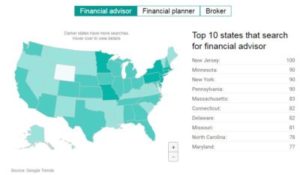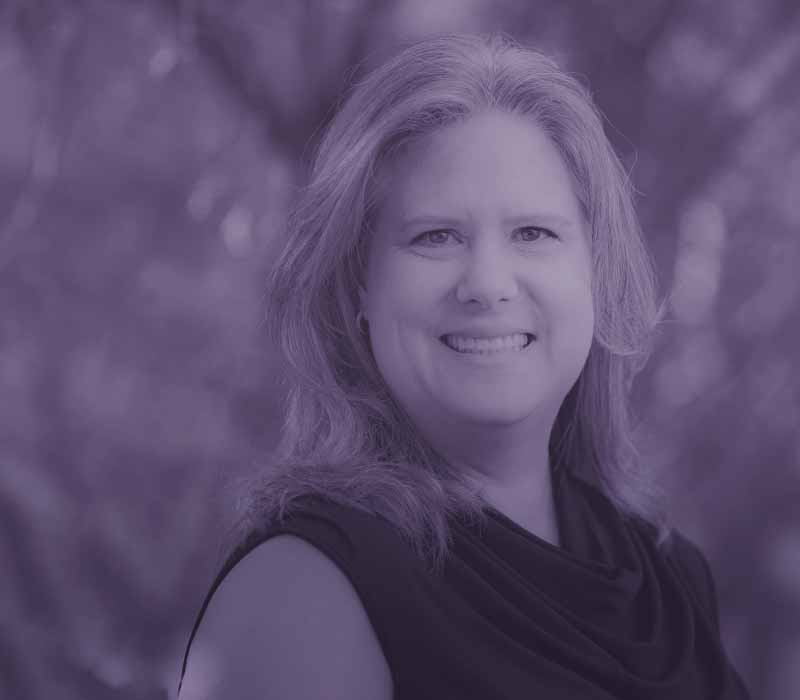At Quantum, we have extensive experience building websites for financial advisors. Here are 5 things we want you to know.
1. No one uses Yellow Pages anymore.
Even if a client or potential prospect knows you and your firm’s name, they will be searching online using Google* or another search engine to find you. And getting you to the top of a search engine results page—even for your own name or company name—is not a given. It takes the right website structure and ongoing work.
*Google is used more than 60% of the time compared to all other search engines.
2. Mobile optimization is critical.
Not only do your clients check their smartphones for emails, but increasingly they’re using it for everything, including online search. Google knows this, and within the last couple of years has weighted mobile optimization higher in the “secret list” of algorithms they use to rank websites. We know this because Google launched AMP (Accelerated Mobile Pages) in October of 2015 as an “initiative” to create improvements. This basically means website designers need to improve their mobile speed and usability—or else.
Some experts estimate that 75% of searches will be via mobile in 2017.
3. People search for everything, including financial advice.
Yes, people search for “financial advisor” or “broker” or “financial planner.” This article from Investment News in May of 2015 shows some of the variations by state based on Google Trends, check it out here.
 4. Keywords are not mysterious, they are common sense.
4. Keywords are not mysterious, they are common sense.
The way to think about keywords is simple. They are what people type into the search bar in order to find what they are looking for.
For instance, a potential client might type in “financial advice.” If that search doesn’t result in what they want, they may refine the search, maybe to “financial advisors.” They may refine further, like “financial advisors near me” or “financial advisor firms in xxxxx” zip code.
For those interested in becoming SEO (search engine optimization) nerds, “long-tail keywords” refers to the progressively longer, more refined search phrases that help connect the searcher with a more targeted result.
5. Quality, dynamic and relevant content is key.
After your website is built and structured correctly, creating interesting, unique and fresh content is another very important way you can rank higher in search. But after you start to rank, will you convince?
Ask yourself if your website content is engaging and persuasive, by considering these questions:
- Does your website communicate who you are, and why you are unique and different?
- Does your website build trust?
- Are you presented as reputable and experienced?
- Do you appeal to a certain type of client, and is that immediately clear to the online visitor?
- Does your site encourage people to fill out a contact form for a specific reason or offer?
- Have you used video to help website visitors feel like they know you already?
- Are you an important part of the local community, and is that clear from your website?
Remember that you are not only appealing to people who already know you, but you’re also trying to appeal to strangers. They may come back to your website multiple times, check out your social media pages and sign up for emails before they have enough faith to set up a meeting with you. Establishing trust over time and across platforms is the end game when it comes to online marketing.
###
Here are links to two great articles for further reading, one from ThinkAdvisor.com and one from Kitces.com.
Or simply call Quantum at 800.440.1088 and find out how we can take your website to the next level.
FOR FINANCIAL PROFESSIONAL USE ONLY – NOT FOR USE WITH THE PUBLIC














